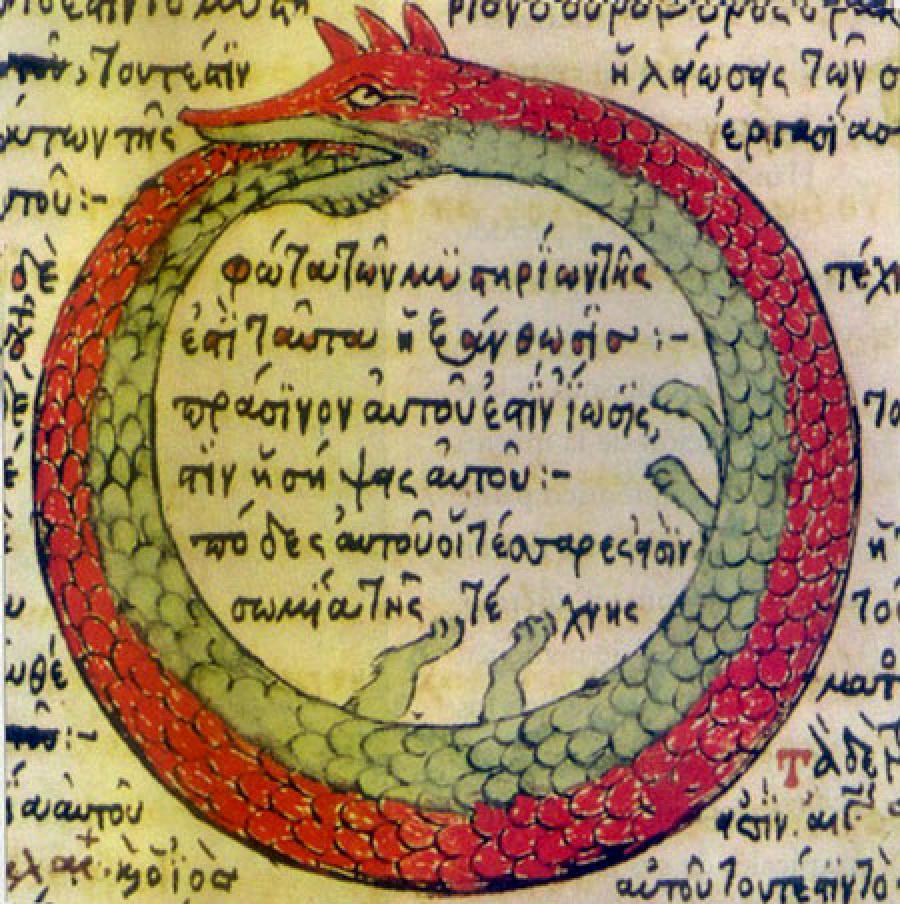Departmental Colloquium 2012–13: Origins
A one-year seminar series (monthly, September to May) investigating the uses and disadvantages of concepts of origins and originality for research into classical antiquity.

The pursuit of origins in the Classics is both seductive and suspect. Classicists dig deeply into the past to unearth the prehistory of ancient institutions and practices, interpret texts and works of art to illuminate the understanding of causation within antiquity, and consider the roots of modern concepts in the ancient world. The investigation of origins can yield insight into tangled histories and complex genealogies. Yet the dangers are no less profound: not only can the presentation of an origin suggest teleologies, in which forms are understood through their later development, but the search for origins can have a tendency to pass beyond historical confines into speculation and essentialization. Such doubts have made origins a contested category in modern thought, and provoked a rich critical and philosophical debate about how to understand historical processes. These questions are particularly relevant to the Classics as a broadly historicist discipline, which often investigates origins (or equally, “births” or “emergences”) and as an inquiry into cultures often considered “original.” The discourse of origins invokes fundamental problems of historical thought andresearch, which the Colloquium proposes to investigate in three broad categories:
Ancient origins
How can historical origins be traced and recognized by scholars? How are they presented and demonstrated? What are the challenges particular to the investigation of ancient origins? Do different subdisciplines of Classics view origins in different ways?
Origins in antiquity
How are origins presented and understood in antiquity? What is their explanatory (or aetiological) value? How do cultures relate to their own origins? What kinds of fantasies do they bring up? In what ideologies are they embedded?
Antiquity as origin
In what sense is antiquity an origin of elements of modernity? How has antiquity’s originality beenunderstood, and how should we understand it today? How does research in theClassics relate to discussions of origins more broadly?
Organizers Josh Billings and Milette Gaifman
Provisional Schedule (opens as PDF)
All seminars will take place 12–2pm in Phelps Hall, Room 401, 344 College Street, New Haven. A light lunch will be served.